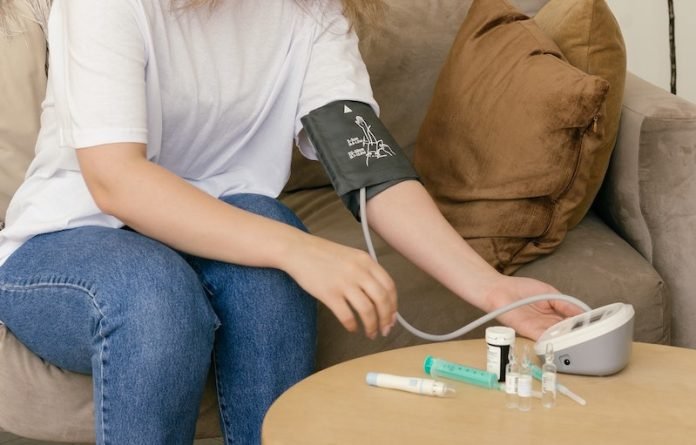
A recent study from the University of Alabama at Birmingham found that intensive blood pressure treatment targeting systolic blood pressure <120 mm Hg can lower rates of heart disease and all-cause mortality.
In the study, the researchers assigned 9,361 participants at increased risk for heart disease without diabetes or previous stroke to adhere to an intensive treatment target (systolic blood pressure <120 mm Hg) or standard treatment target (<140 mm Hg).
The researchers found that the rates of heart attacks, other heart syndromes, strokes, heart failure, death from heart disease, and all-cause mortality were much lower in the intensive treatment group versus the standard treatment group.
But in the intensive-treatment group, serious adverse events of low blood pressure, kidney injury or failure, and fainting occurred more frequently.
Similar patterns were seen for treatment benefits and adverse events when trial and post-trial follow-up data were combined.
The team says after the study, the achieved blood-pressure differential between the treatment groups was attenuated gradually, and more frequent heart failure was noted in the intensive-treatment group.
If you care about blood pressure, please read studies about snack that may lead to high blood pressure and heart rhythm disorder, and these high blood pressure drugs may increase heart failure risk.
For more information about blood pressure, please see recent studies about how to check your blood pressure at home, and results showing this pain medicine for headache may reduce high blood pressure.
The study was conducted by Cora E. Lewis et al and published in the New England Journal of Medicine.
Copyright © 2022 Knowridge Science Report. All rights reserved.



